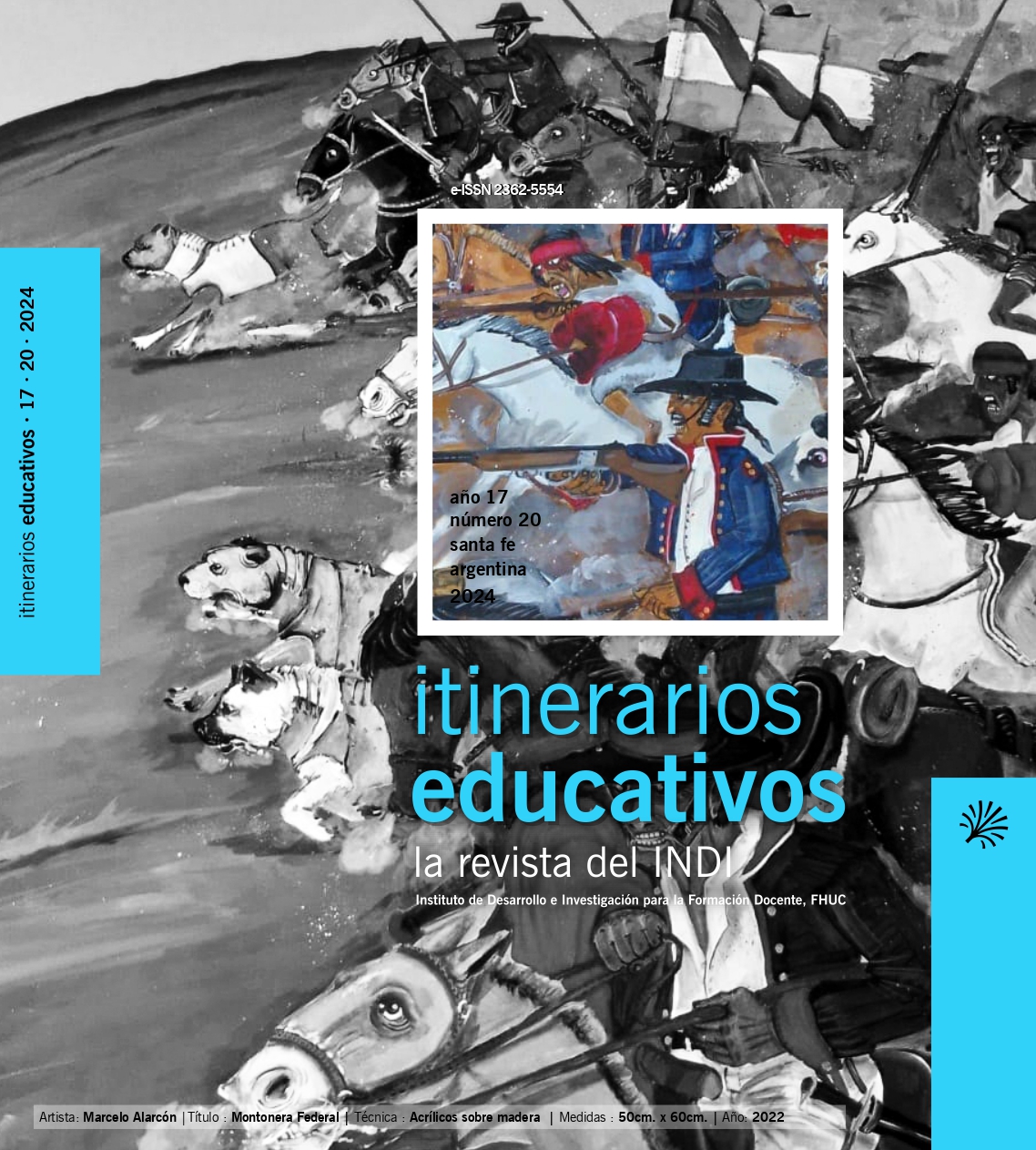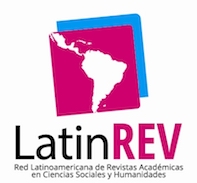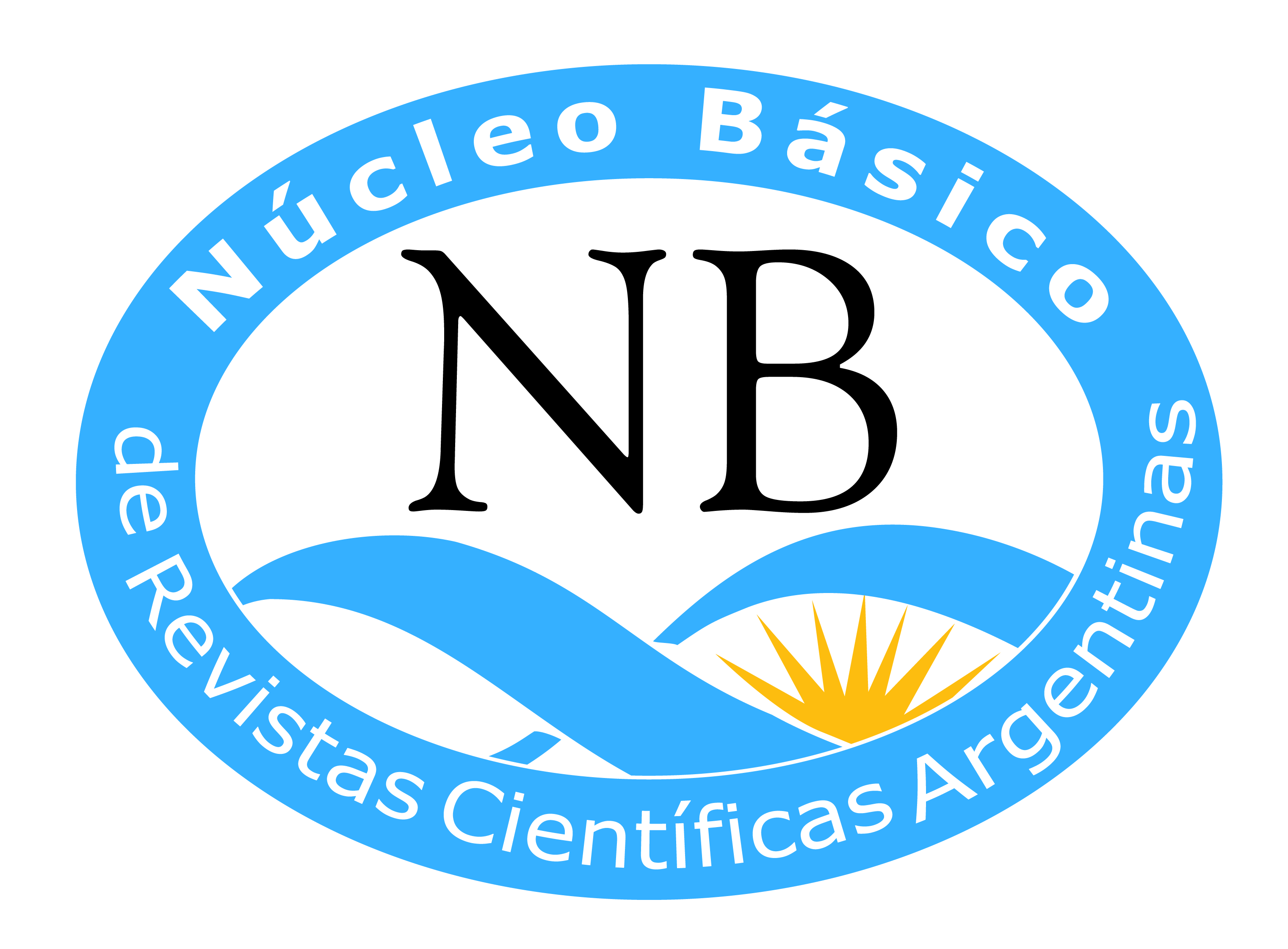Systematization of a university teaching experience in a Sociology course within a Bachelor's program in Education
DOI:
https://doi.org/10.14409/ie.2024.20.e0071Abstract
In this article, we aim to systematize and reflect upon an experience of university teaching in a Sociology course delivered within a Bachelor's program in Education. The text is structured as follows: firstly, we present the rationale behind the course within the broader framework of changes within the program, marked by an intensive format and the transition from in–person to remote learning. Secondly, we introduce the theoretical lines and discussions that constitute the program. Thirdly, we outline the potential that we believe a sociology of public issues holds for reflecting on various challenges in the educational field, specifically those related to territorial, environmental, and gender issues.
References
Bourdieu, P. y Passeron, J.C. (2013) [1964]. Los herederos. Los estudiantes y la cultura. Buenos Aires: Siglo XXI.
Bourdieu, P.; Chamboredon, J.C. y Passeron, J.C. (2002) [1986]. El oficio del sociólogo. Presupuestos epistemológicos. Buenos Aires: Siglo XXI.
Cerdá S. y Rossetto, F. (2022). Análisis de los procesos de enseñanza y aprendizaje en la Cátedra de Sociedad, Estado y Educación a partir del cambio de modalidad de cursado de presencial a distancia en la Lic. en Educación de la Universidad Nacional de Rafaela. Trabajo Final de la Licenciatura en Educación, Universidad Nacional de Rafaela.
García, D. (2021). La Educación Ambiental como política de Estado en la Argentina. Desafíos en clave latinoamericana. Revista Estado y Políticas Públicas, 17, 129–153. Recuperado de https://revistaeypp.flacso.org.ar/files/revistas/1635735274_epp17c.pdf#pa%20ge=129
Giroux, H. (1992). Teoría y resistencia en educación. México: Siglo XXI.
Grinberg, S. y Langer, E. (2013). Insistir es resistir. Estudiantes, dispositivos pedagógicos y pobreza urbana en las sociedades de gerenciamiento. Revista del IICE, 34, 29–46. Recuperado de: https://ri.conicet.gov.ar/bitstream/handle/11336/34189/CONICET_Digital_Nro.1bc75f12-d26e-4bd7-bc35-410c58e03072_A.pdf?sequence=2&isAllowed=y
Kaplan, C. (2005). Desigualdad, fracaso, exclusión: ¿cuestión de genes o de oportunidades? En Llomovate, S. y Kaplan, C. (Coords.), Desigualdad educativa. La naturaleza como pretexto (pp. 77–97). Buenos Aires: Noveduc.
Lahire, B. (2016). En defensa de la sociología. Buenos Aires: Siglo XXI.
Lavigne, L. (2018). Etnografiando una disputa cultural: tensiones y sentidos en torno a la Educación Sexual Integral desde una perspectiva feminista. MORA, (25), 235–242. Recuperado de: http://revistascientificas.filo.uba.ar/index.php/mora/article/view/8535/7438
Lorenc Valcarce, F. (2005). La sociología de los problemas públicos. Una perspectiva crítica para el estudio de las relaciones entre la sociedad y la política. Nómadas, Revista Crítica de Ciencias Sociales y Jurídicas, Universidad Complutense 12, (2), 1–10. Recuperado de: https://www.redalyc.org/pdf/181/18153295010.pdf
Mills, C.W. (2003). La imaginación sociológica. Ciudad de México: Fondo de Cultura Económica.
Morgade, G. (coord.) (2011). Toda educación es sexual. Buenos Aires: Crujía.
Villanueva, E.; Eberhardt, M.L. y Nejamkis, L. (comp). (2013). Introducción a la sociología. Florencio Varela: Ed. Universidad Nacional Arturo Jauretche.
Wahren, J. (2020). Bachilleratos Populares en Argentina: educación desde los Movimientos Sociales. Universidad de la República. Facultad de Ciencias Sociales; Revista de Ciencias Sociales; 33; 47; 85–104. Recuperado de: https://rcs.cienciassociales.edu.uy/index.php/rcs/article/view/74
Zernikier, A.; Ithuralde, R. E. y Panal, M. (2018). Los bachilleratos populares del Movimiento Popular La Dignidad: espacios de construcción de poder territorial. Universidad y Sociedad, 10 (4), 169–179. Recuperado de: https://ri.conicet.gov.ar/handle/11336/184683
Downloads
Published
How to Cite
Issue
Section
License
Those authors who have publications with this magazine, accept the following terms:
The authors will retain their copyright and guarantee the journal the right of first publication of their work,
which will be simultaneously subject to the Creative Commons Recognition License that allows third parties to share
the work whenever its author and first publication this magazine.
Authors may adopt other non-exclusive licensing agreements for the distribution of the published work (eg, deposit
it in an institutional telematic file or publish it in a monographic volume) whenever the initial publication in this
journal is indicated.
Authors are allowed and advised to disseminate their work through the Internet (eg, in institutional telematic files
or on their website) before and during the submission process, which can produce interesting exchanges and increase
citations of the published work. (See The effect of open access).
















